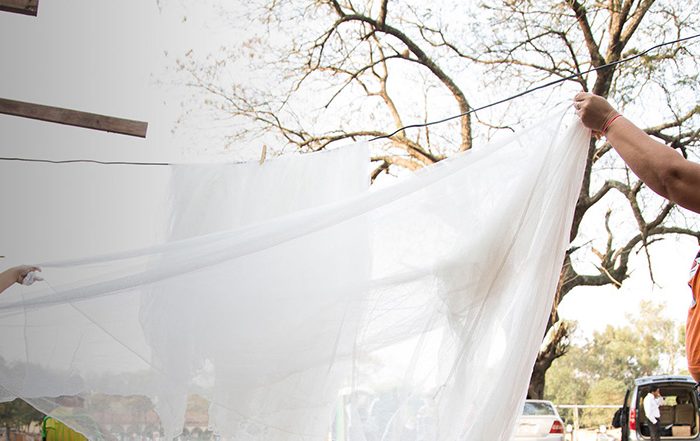
Mosquito nets
When disaster strikes and families and are left vulnerable to insect-borne diseases like malaria, mosquito nets can help reduce the risk of infection.
During disasters like storms, earthquakes or conflict, water pipes and pumps get broken, rivers and wells become contaminated. You could find yourself living in inhospitable areas or overcrowded camps where water is in short supply. Finding clean water for you and your family becomes an urgent priority.
And it’s not only for drinking. Washing hands frequently is one of the most important things we can do to keep ourselves safe from coronavirus and other diseases.
By providing water filters and carriers, we can help people produce vital clean water.
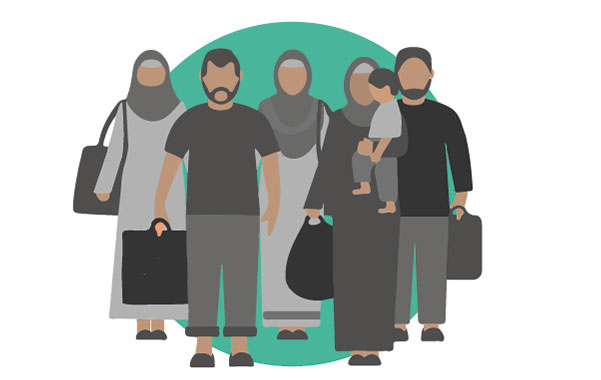
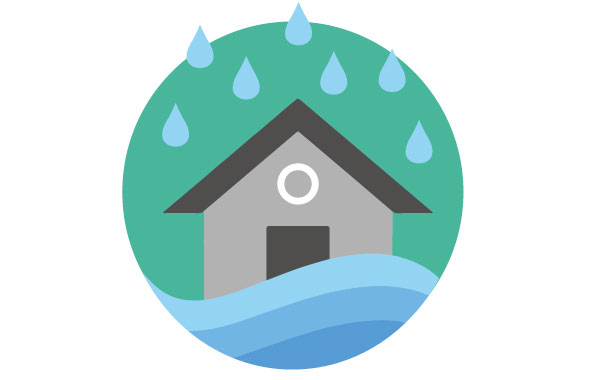
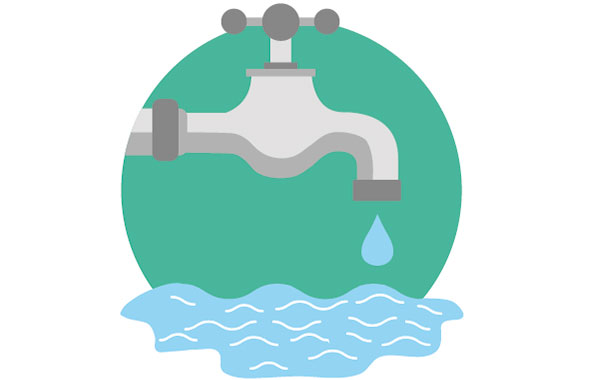
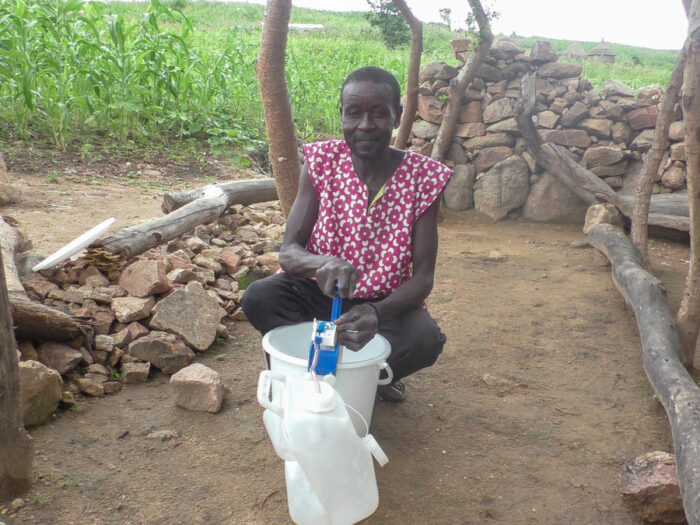

When clean water is hard to find, water filters help people to produce safe drinking water.
Our water filter removes bacteria, viruses, and protozoa that can be found within contaminated water.
It can filter up to 200,000 litres of unsafe water
Donate today to help a family produce safe-drinking water.
Donate Now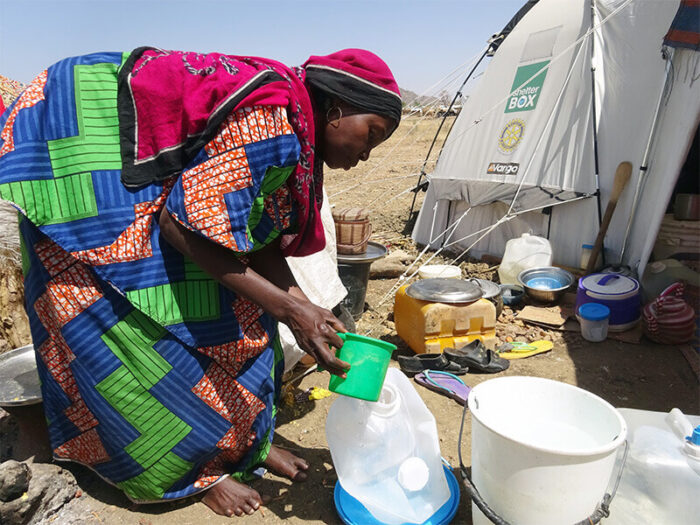

By working with disaster-affected families, we’ve learned that it’s important to provide water carriers along with water filters.
This gives families a place to store the clean water, so it can be kept clean and safe to drink.
In the Philippines, our collapsible water carriers have been particularly welcomed by women, who told us they were light and easy to carry.
Sometimes, families even use the collapsed carriers as bowls to eat from or to store food.
There are three main methods to do this: disinfection, sedimentation, and filtration.
Disinfection uses chemicals, boiling or sunlight to rid water of bacteria. Sedimentation allows dirt to fall to the bottom of a water container over time. Filtration physically removes dirt by passing water through a material such as ceramic or sand.
We provide water filters because they are the most reliable and safest way to produce clean water.
No, they don’t.
Every response is different, so the decision to distribute these is based on the needs of the affected families.
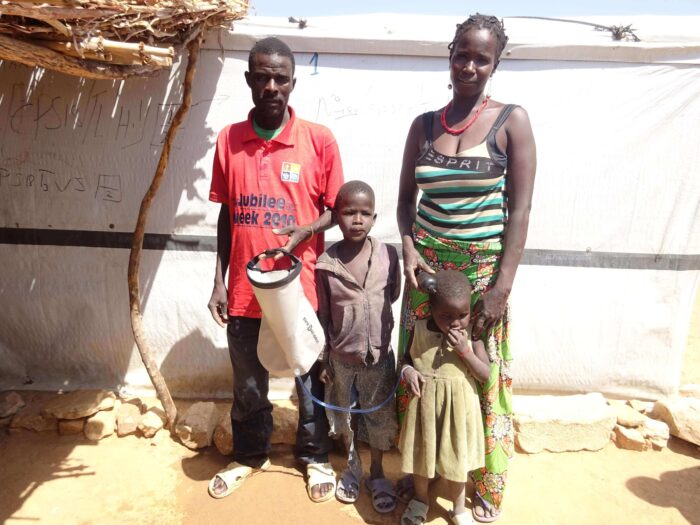

Tshamaya lives in Minawao refugee camp, Cameroon.
In 2012, his whole family were forced to flee their home in Nigeria in search of a safer place to call home. Five years on, Minawao refugee camp has become their hometown.
Their lives would have been much easier if they hadn’t all become ill. On their arrival at the camp, the family started suffering from stomach aches, caused by drinking unsafe water. But they didn’t have a choice – it was a matter of drinking dirty water or no water at all.
Using the water filter he received, Tshamaya was able to produce safe drinking water for his family. Tshamaya says:
Since we started using the filter that we received, nobody complained again of stomach ache.